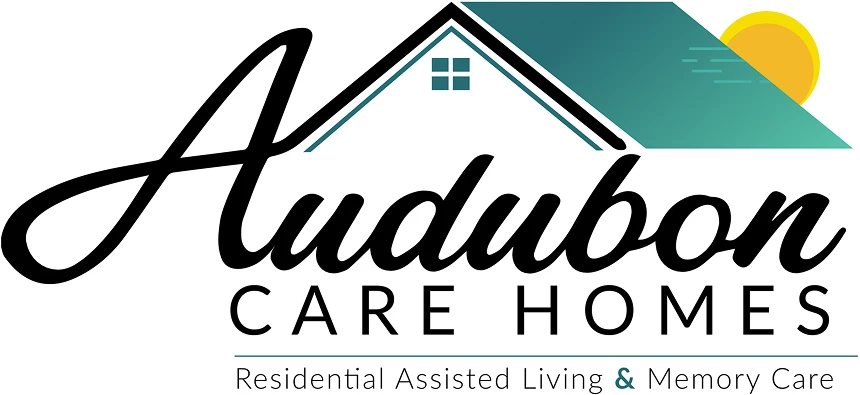®Studies show that 75% of adults in the United States are chronically dehydrated. Dehydration is more common among elderly adults than in most population demographics due to medication side effects or memory loss. It is crucial to learn how to recognize the symptoms of dehydration to keep your aging loved one safe and out of harm’s way. Continue reading below for an in-depth look at dehydration among elderly adults, from its dangers, common signs, and preventative measures.
Dangers of Dehydration in the Elderly
Dehydration occurs when you lose more fluids than you take in, making it difficult for your body to function correctly. While anyone can become dehydrated, it is a more serious condition for elderly adults. If left untreated, it can lead to heatstroke, urinary and kidney problems, and even kidney failure. In the most severe cases, untreated dehydration can even lead to death for seniors.
Signs your Elderly Loved One is Dehydrated
There are many common signs to look for when concerned about dehydration in an aging parent or relative. Recognizing these symptoms can help you prevent worse medical conditions from occurring. Some of the first signs of dehydration include extreme thirst and dry mouth, dark-colored urine, and even less frequent urination. If you are not currently monitoring your loved one’s urination, there are other ways that you can monitor their hydration levels. Often, a senior’s level of fatigue, irritability, confusion, and even dizziness can signify dehydration. Here are additional symptoms of under-hydration you can look for:
- -Muscle cramps
- -Headaches
- -Weakness
- -Sleepiness
- -Low blood pressure
- -Wrinkled skin without elasticity
Medications and Dehydration
Because many elderly adults are on medications that can cause side effects similar to dehydration, it can be challenging to spot dehydration’s early signs and symptoms. Many popular medications for seniors can cause dry mouth, muscle cramps, fatigue, and other symptoms similar to those brought on by dehydration. It is essential to understand and become knowledgeable about the side effects of your loved one’s medication, making it easier for you to spot the differences in their symptoms. Additionally, many types of medication will not properly function if the individual is not adequately hydrated.
Best Drinks for Hydration
If you are worried about your loved ones’ hydration and want to keep them healthy, you must find the best drinks to fit their taste. It is important to drink as much water as possible. However, sometimes you may not be able to convince an elderly adult to drink more water. In this case, you can find better-tasting liquids that they will be more likely to drink. One excellent option that most people have on hand is milk. Because it contains the sugar, protein, and fat, it will take longer for the fluid to empty from the stomach and keep your senior hydrated longer.
You can also keep different sports drinks around, like Gatorade or Powerade. While high in sugar, these popular drinks have electrolytes and minerals aiding your body in regulating fluids. Gatorade Zero and Powerade Zero Sugar are available if you want a sugar-free option.
Another great option is coconut water. This natural version of a sports drink contains electrolytes, and it is sweet to drink. You can even freeze coconut water and turn it into popsicles, smoothies, and more!
Dehydration Recovery
If you notice that your aging loved one is dealing with chronic dehydration, it is essential that you take immediate action to help them recover. Start by having your loved one drink plenty of fluids, using whichever liquid they prefer. If your loved one refuses to drink more, try giving them popsicles or even vegetables and fruits high in water to help them rehydrate. Fruits like peaches, oranges, melons, and vegetables like cucumbers, iceberg lettuce, and celery all have high water content. If you are still having trouble getting your senior to intake fluids, it may be time to seek medical attention and try IV fluid hydration, a sure way to get them back to health quickly.
Conclusion
We hope this article helps you identify the signs and causes of dehydration, helping you care for your loved one more effectively. Please note that dehydration is not to be taken lightly. If lack of hydration becomes unmanageable and chronic, it is time to consider a higher and more involved level of care.
If you need help caring for your aging loved ones in New Orleans, don’t hesitate to contact Audubon Care Homes®. Located in the quaint neighborhood of Metairie, our beautiful residential assisted living home provides 24-hour assistance to our residents. For more information, please call us at 504-290-1717. Contact us today to discuss your family’s needs or to schedule a tour!
